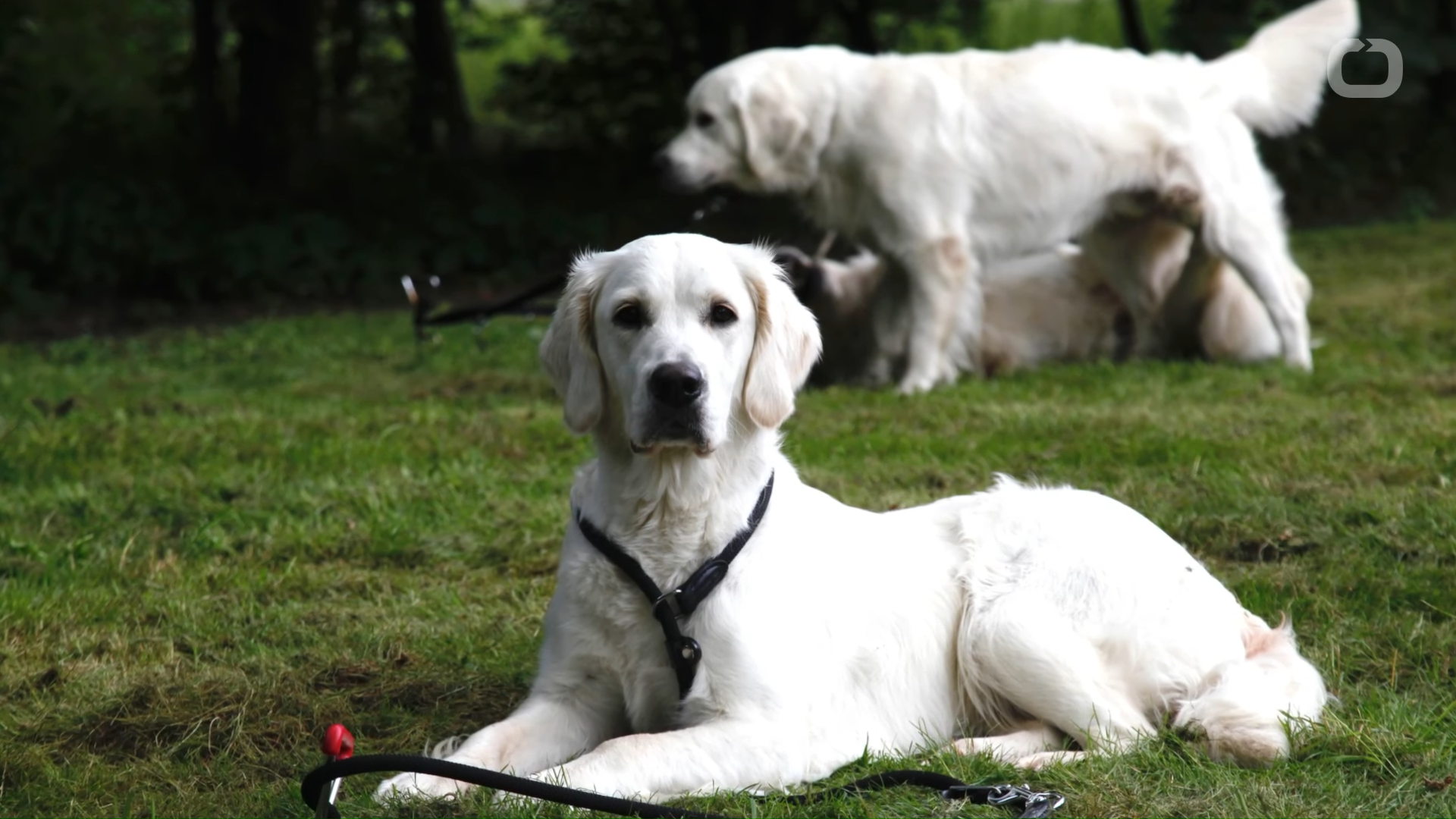When they have the choice, some primates opt for outcomes that benefit both themselves and a partner. In addition, recent studies have shown that pet dogs not only exhibit cooperative behavior but also prefer to reward familiar dogs than dogs they have never met.
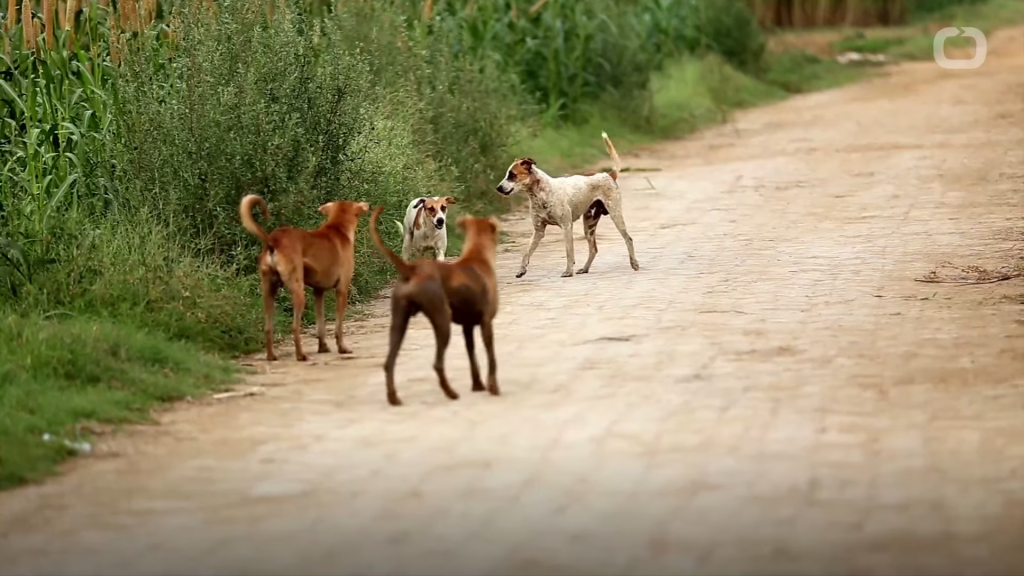
Start of the article: A new study compares pack dogs with wolves and finds that the latter exhibit more prosocial, cooperative behavior toward their fellow pack members.Prosocial, benevolent conduct isn’t one of a kind to humans. Framing the prosociality of pooches in the “nature versus sustain” banter, a few researchers accept that taming is the motivation behind why these creatures act thusly. As opposed to normal choice having supported agreeable practices over
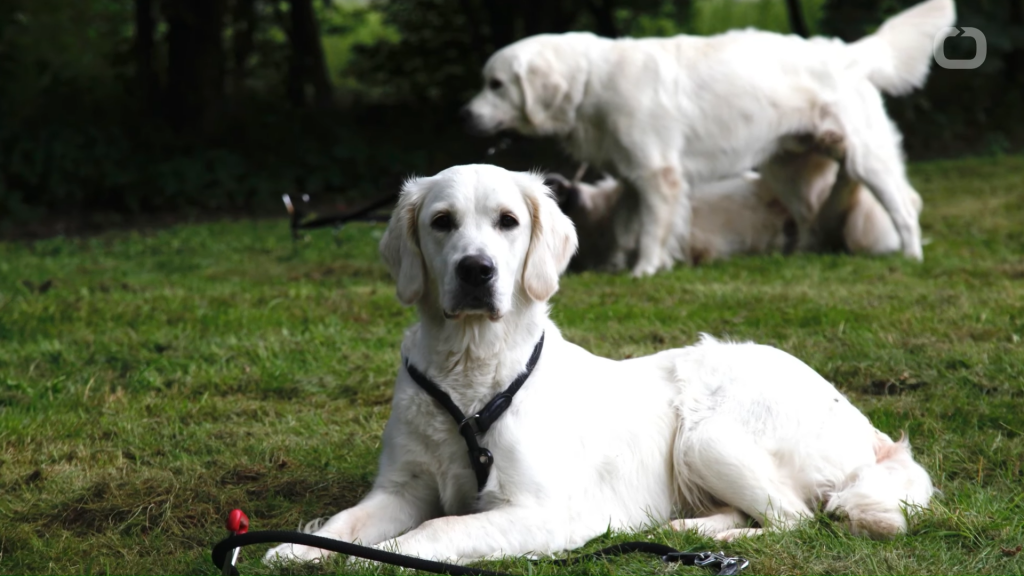
noncooperative ones, on account of mutts, there is the theory that taming “chose” these practices. In any case, if this were valid, wolves — the nearest, undomesticated family members of mutts — should display less agreeable and prosocial attributes. Others accept that prosocial practices emerge from genealogical attributes on the grounds that numerous creatures, including wolves, are dependent on collaboration.
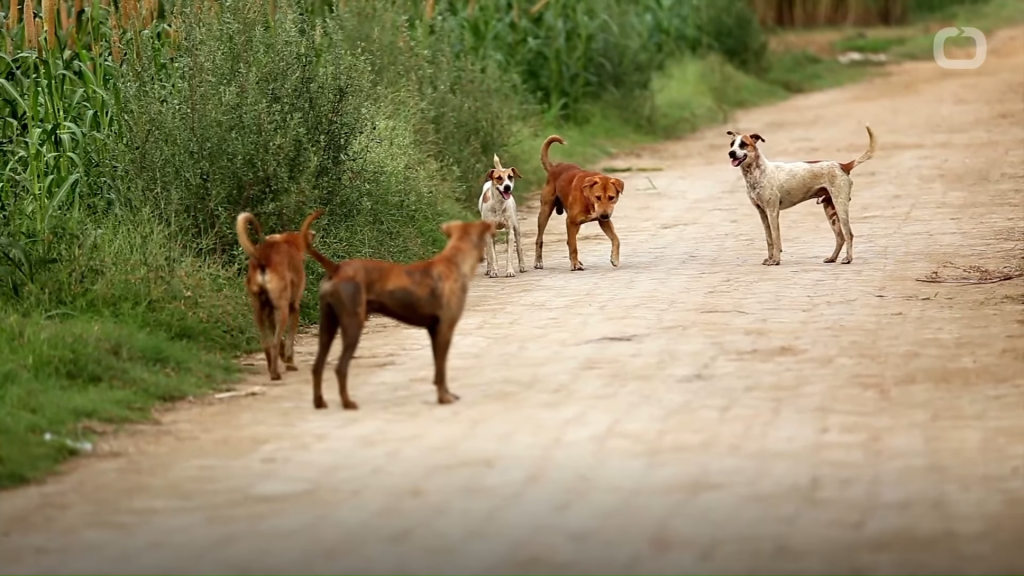
To scrutinize these two speculations, Rachel Dale of the Wolf Science Center in Vienna, Austria, and associates set out to look at the prosocial practices of pooches and wolves.Domestication didn’t make hounds prosocial The analysts prepared the creatures to pick between a “giving” image that would convey food to another creature in a nearby walled in area and a “control” image that would not convey any prize. The creatures could pick between these alternatives by utilizing their nose to contact the screen. In the testing condition, the getting creatures would get the prize, however in the social control condition, the accepting accomplices were in another nook more remote away, which forestalled their entrance to the food. In a third, nonsocial control condition, there was no accomplice, and the fenced in areas were unfilled.
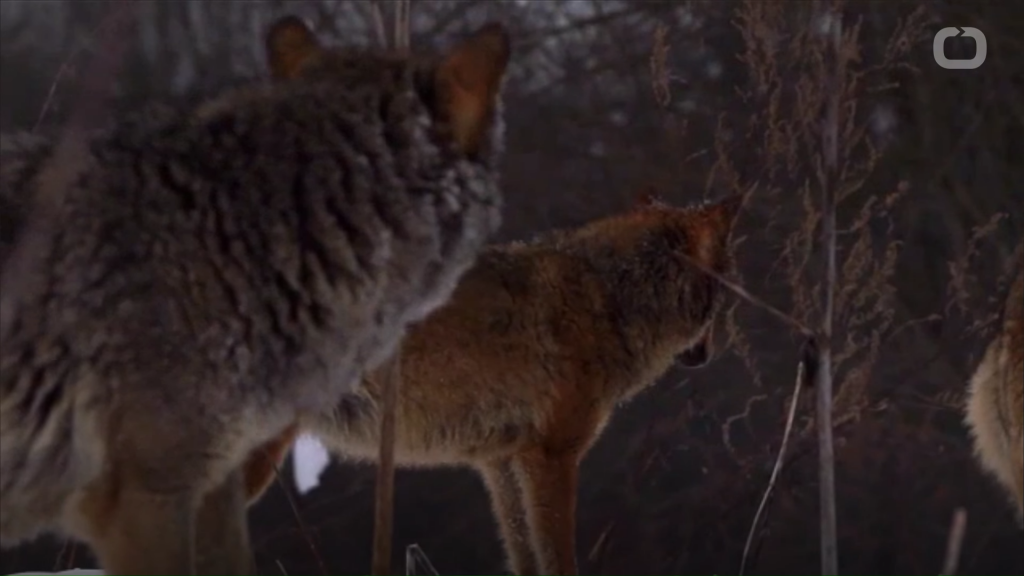
The creatures could see their preferred immediate results, as a plexiglass entryway partitioned them from their accomplice in the nearby room. The preparation happened bit by bit, with the creatures initially approaching the prize in the contiguous room subsequent to picking the giving image. Be that as it may, during the test and control circumstances, the creatures didn’t get any prize for their giving conduct. The tests uncovered that when the recipient was an individual from their pack, wolves decided to convey more food to the nearby walled in area than when a similar individual pack part was in an alternate fenced in area and didn’t approach the food. In examination, when the getting creature was from an alternate pack, there was no contrast between the two situations; the wolves didn’t give any more food to the recipient when they realized it would contact them. Mutts, then again, didn’t remunerate their individual pack individuals more when they realized that they would get the prize. Regardless of whether their accomplice got the food, hounds conveyed a similar sum.
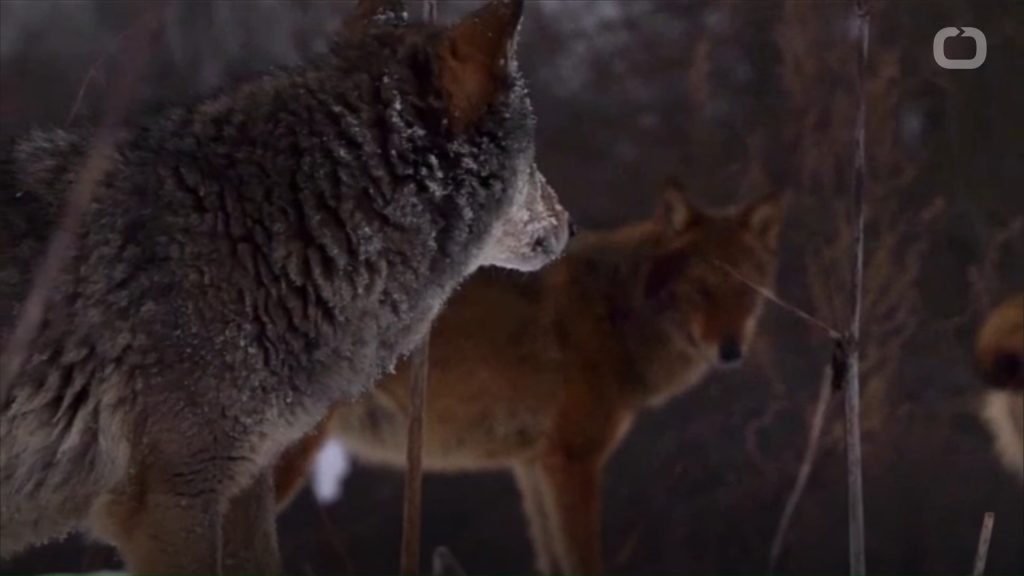
“In total, when kept in similar conditions, wolves are more prosocial than their residential partner, further supporting recommendations that dependence on collaboration is a main thrust for prosocial mentalities,” compose the creators. “The way that wolves, yet not hounds, were prosocial in a similar errand verifies different discoveries that wolves are progressively open minded with food sharing, a naturalistic proportion of prosociality, than hounds,” include the specialists. As such, the prosociality is a genealogical element and not an aftereffect of taming.
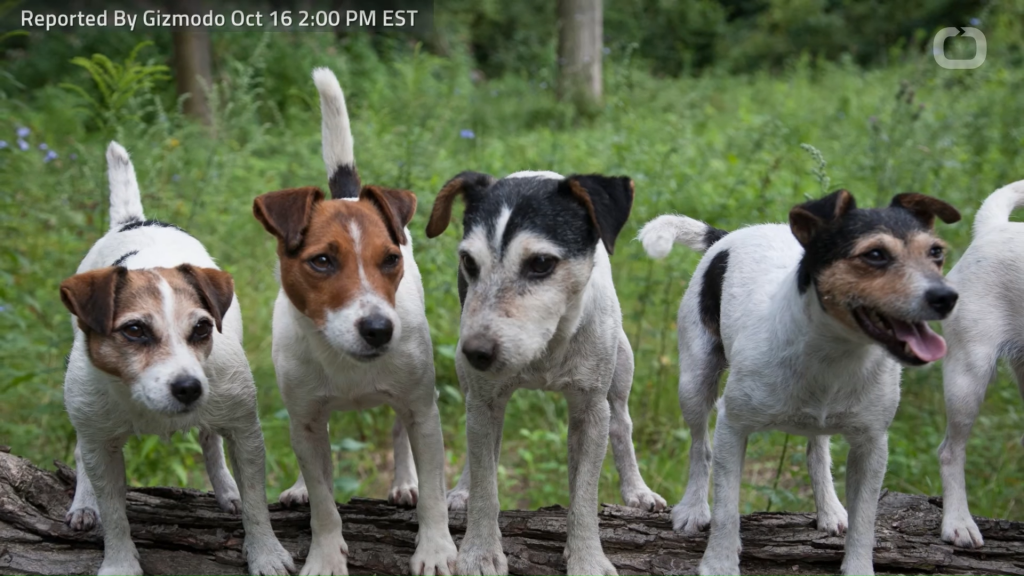
The authors caution, however, that their conclusions do not necessarily apply to pet dogs and that further research is necessary to tease out the differences in prosocial behavior between pet dogs and pack dogs. In the case of pet dogs, encouragement and training may play a more significant role in the animals’ behavior.
https://www.youtube.com/watch?v=CT2hzaVtN2I
